About Kolmac Outpatient Recovery Centers
Kolmac Outpatient Recovery Centers offers outpatient drug and alcohol treatment programs, including treatment for co-occurring mental health disorders. They have multiple locations, with several treatment facilities in Pennsylvania, including the facility in Bryn Mawr.
The treatment program is for clients 18 and older. They accept, and are in network with most major commercial insurance plans.
There are some self pay options available for uninsured clients. The facility is conveniently close to US Route 30 and accessible by the SEPTA rail.
Inclusive Addiction Treatment Services in Bryn Mawr
The outpatient addiction treatment includes detoxification and medication assisted treatment (MAT) services. The programs are inclusive, and they offer LGBTQ+ affirming care.
The clinicians focus on treating addiction as the medical disease that it is. The staff emphasizes the importance of customized care plans using evidence based practices and a focus on long term recovery.
Comfortable Modern Clinic
The clinic is comfortable and modern, with private and confidential therapy spaces for individual sessions. Clients frequently note the nonjudgmental, compassionate and supportive environment. Nearby parks offer outdoor recreation and relaxation opportunities between treatment sessions.
Clients have noted the flexible nature of the outpatient model that makes balancing life responsibilities and recovery feasible. The programs accommodate working professionals, allowing them to balance busy schedules with treatment.
Many clients have offered positive feedback about the benefits of community support and group therapy. The clinicians use group therapy as the primary treatment modality, with individual sessions to address more personal and private issues.
Latest Reviews
Rehab Score
Gallery
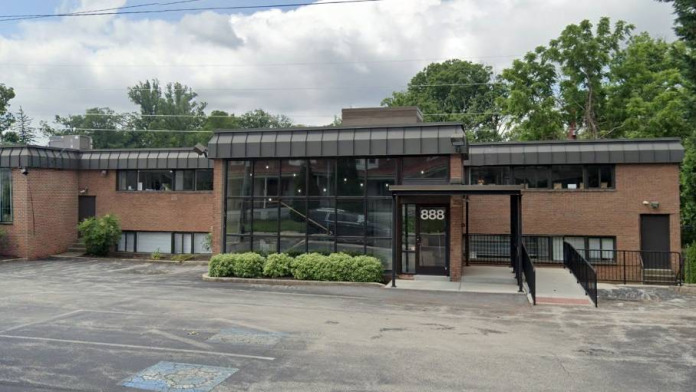

Other Forms of Payment
Private insurance refers to any kind of healthcare coverage that isn't from the state or federal government. This includes individual and family plans offered by an employer or purchased from the Insurance Marketplace. Every plan will have different requirements and out of pocket costs so be sure to get the full details before you start treatment.
Self-pay involves paying for treatment out of your own pocket. You can use savings or credit, get a personal loan, or receive help from family and friends to fund your treatment. If you don't have insurance or your insurance plan doesn't cover a specific program, self-pay can help ensure you still get the care you need.
Addiction Treatments
Levels of Care
Intensive Outpatient Programs (IOP) are for those who want or need a very structured treatment program but who also wish to live at home and continue with certain responsibilities (such as work or school). IOP substance abuse treatment programs vary in duration and intensity, and certain outpatient rehab centers will offer individualized treatment programs.
Completing a drug or alcohol rehab program shouldn't spell the end of substance abuse treatment. Aftercare involves making a sustainable plan for recovery, including ongoing support. This can include sober living arrangements like halfway houses, career counseling, and setting a patient up with community programs like Alcoholics Anonymous (AA) or Narcotics Anonymous (NA).
Treatments
The goal of treatment for alcoholism is abstinence. Those with poor social support, poor motivation, or psychiatric disorders tend to relapse within a few years of treatment. For these people, success is measured by longer periods of abstinence, reduced use of alcohol, better health, and improved social functioning. Recovery and Maintenance are usually based on 12 step programs and AA meetings.
Drug rehab in Pennsylvania is devoted to the treatment of addiction. Levels of care, treatment methods, and settings differ, but the aim of each program is to end drug dependency and empower participants to achieve long-term recovery.
Substance rehabs focus on helping individuals recover from substance abuse, including alcohol and drug addiction (both illegal and prescription drugs). They often include the opportunity to engage in both individual as well as group therapy.
Clinical Services
Cognitive Behavioral Therapy (CBT) is a therapy modality that focuses on the relationship between one's thoughts, feelings, and behaviors. It is used to establish and allow for healthy responses to thoughts and feelings (instead of unhealthy responses, like using drugs or alcohol). CBT has been proven effective for recovering addicts of all kinds, and is used to strengthen a patient's own self-awareness and ability to self-regulate. CBT allows individuals to monitor their own emotional state, become more adept at communicating with others, and manage stress without needing to engage in substance abuse.
Research clearly demonstrates that recovery is far more successful and sustainable when loved ones like family members participate in rehab and substance abuse treatment. Genetic factors may be at play when it comes to drug and alcohol addiction, as well as mental health issues. Family dynamics often play a critical role in addiction triggers, and if properly educated, family members can be a strong source of support when it comes to rehabilitation.
Group therapy is any therapeutic work that happens in a group (not one-on-one). There are a number of different group therapy modalities, including support groups, experiential therapy, psycho-education, and more. Group therapy involves treatment as well as processing interaction between group members.
Staff & Accreditations
Staff
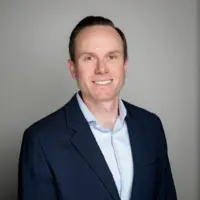
Anton Kuznetsov
CEO
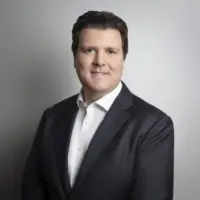
Colin Feehan
CFO
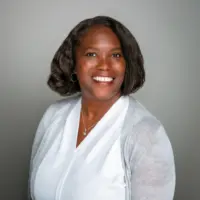
Erika N. Kane, M.D. F.A.S.A.M
Chief Medical Officer
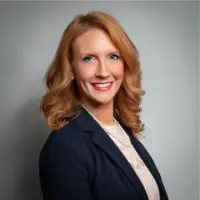
Nicole Diffenderfer
Chief Human Resources Officer

Joseph H. O’Leary, M.D.
Medical Director

Matthew Baker
Vice President of Growth
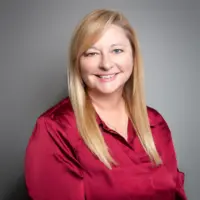
Genevieve King
Vice President of Operations & Compliance
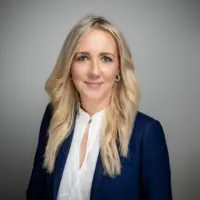
Kaitlin McCarthy
Director of Admissions
Accreditations

The Commission on Accreditation of Rehabilitation Facilities (CARF) is a non-profit organization that specifically accredits rehab organizations. Founded in 1966, CARF's, mission is to help service providers like rehab facilities maintain high standards of care.
CARF Accreditation: Yes
Contact Information
888 Glenbrook Ave #150
Bryn Mawr, PA 19010